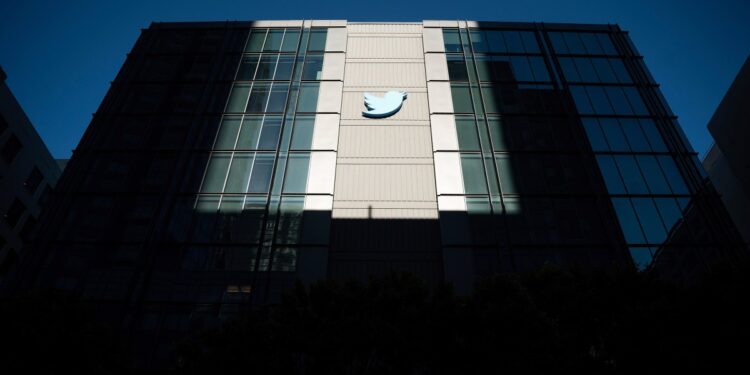From October 27 through November 1, Bot Sentinel found that 11,535 accounts they were monitoring had been deactivated—meaning someone chose to close an account down. A further 6,824 were suspended, which happens when Twitter proactively removes accounts for inactivity, inauthenticity, or violation of site rules. That’s approximately 0.59% of the accounts Bot Sentinel monitors. In the week before Musk bought Twitter, only 5,958 accounts were deactivated or suspended, suggesting a 208% increase in account losses in the days after the purchase went through.
“We believe the uptick in deactivations is a result of people upset with Elon Musk purchasing Twitter and deciding to deactivate their accounts in protest,” says Bouzy, pointing to the anecdotal evidence of people posting about quitting the site.
Manoel Ribeiro, an academic at EPFL Lausanne in Switzerland who studies niche internet communities including the alt-right, and how they are affected by moderation policies and algorithms, agrees. “There seems to be indeed an attempt from many to migrate to other platforms, such as Mastodon,” he says.
Twitter did not immediately respond to a request for comment. Elon Musk did not immediately respond to an email.
Bouzy believes the uptick in the number of account suspensions is in part due to hate speech from a proportion of the user base testing what they can and can’t say on the site now that it is under Musk’s control. “We also believe the increase in suspensions is from Twitter taking action on accounts purposely violating Twitter’s rules to see if they can push the limits of ‘free speech,’” he says. It’s unknown what proportion of those suspended by Twitter has been judged to be inauthentic (i.e., bots) as opposed to breaching the platform’s rules on acceptable speech.





